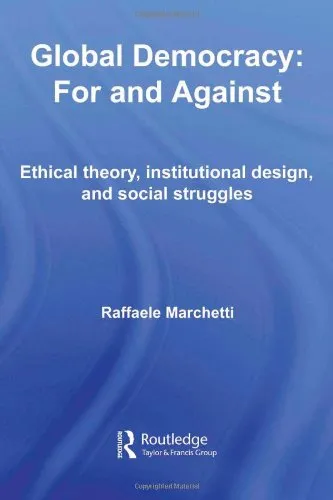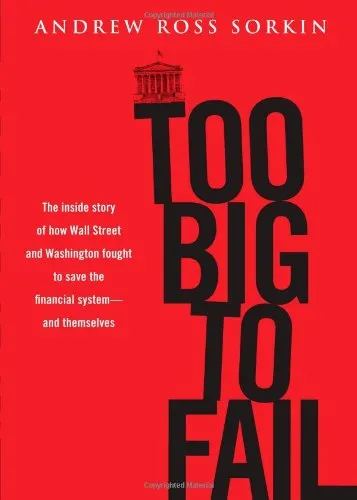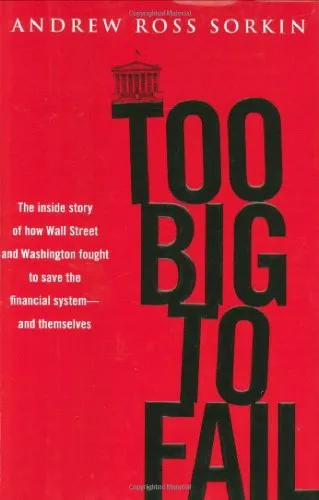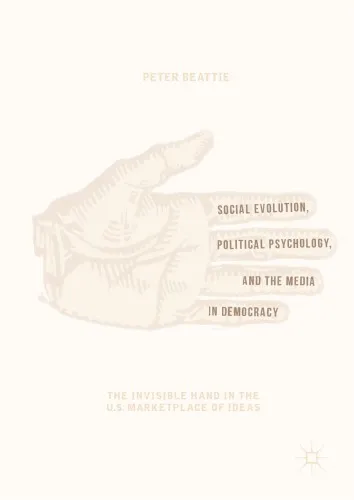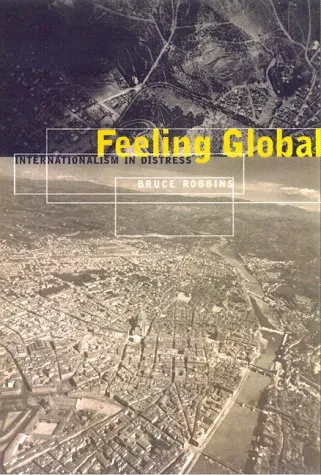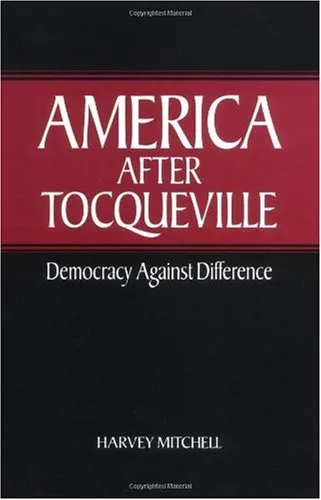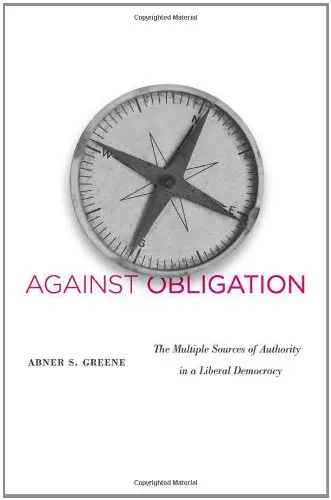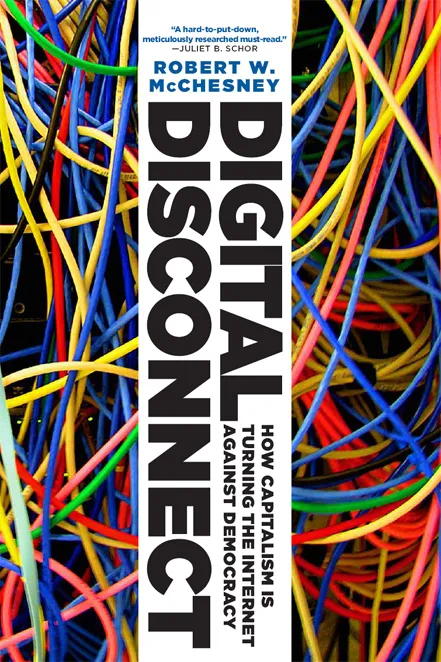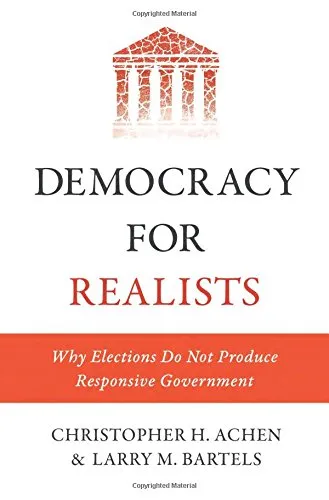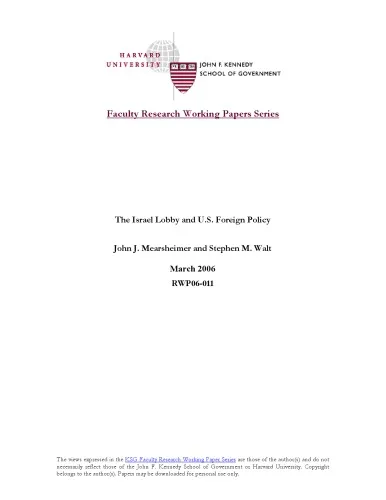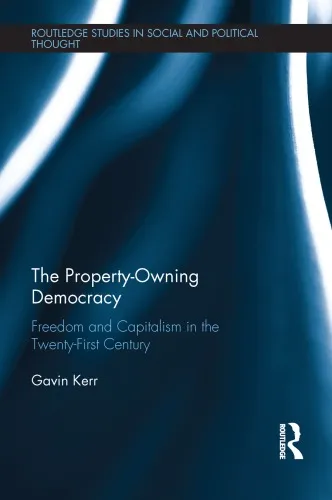Global Democracy: For and Against. Ethical Theory, Institutional Design, and Social Struggles (Democratization Studies)
4.5
بر اساس نظر کاربران

شما میتونید سوالاتتون در باره کتاب رو از هوش مصنوعیش بعد از ورود بپرسید
هر دانلود یا پرسش از هوش مصنوعی 2 امتیاز لازم دارد، برای بدست آوردن امتیاز رایگان، به صفحه ی راهنمای امتیازات سر بزنید و یک سری کار ارزشمند انجام بدینکتاب های مرتبط:
معرفی کلی کتاب
کتاب «Global Democracy: For and Against. Ethical Theory, Institutional Design, and Social Struggles» نوشته رافائله مارکتی، اثری است که به بررسی نظری و عملی مفهوم دموکراسی جهانی میپردازد. این کتاب تلفیقی از مباحث فلسفی، طراحی نهادی و مبارزات اجتماعی را به شکلی جامع ارائه میدهد و دیدگاههای متنوعی را پیرامون امکانپذیری و چالشهای دموکراسی در عرصه جهانی مورد تحلیل قرار میدهد.
خلاصهای جامع از کتاب
این کتاب در سه بخش اصلی تقسیمبندی شده است:
بخش اول به نظریههای اخلاقی میپردازد که پایههای منطقی و فلسفی دموکراسی جهانی را بررسی میکنند. نویسنده در این بخش استدلال میکند که جهانی شدن نهتنها فرصتی برای تقویت عدالت و برابری فراهم میکند، بلکه مستلزم طراحی نهادی منطبق با اصول دموکراتیک است. در همین راستا، چالشهای اخلاقی که در مسیر تحقق این هدف وجود دارد، به طور دقیق واکاوی میشود.
بخش دوم بر طراحی نهادی تمرکز دارد. مارکتی در این بخش به مدلهای متنوعی از دموکراسی جهانی پرداخته و نهادهایی را معرفی میکند که در این راستا پیشنهاد شدهاند. از سازمانهای بینالمللی همچون سازمان ملل متحد گرفته تا جنبشهای فراملیتی، همگی در این بخش تحت تحلیل و ارزیابی قرار میگیرند.
بخش سوم کتاب به مبارزات اجتماعی مرتبط با دموکراسی جهانی میپردازد. نویسنده تأکید میکند که تحقق دموکراسی جهانی وابسته به مشارکت فعال شهروندان بینالمللی و تلاشهای اجتماعی در سطوح مختلف است. در این بخش، نقش جنبشهای اجتماعی، سازمانهای غیردولتی و شبکههای مدنی در پیشبرد ایدههای دموکراتیک جهانی بررسی شده است.
نکات کلیدی کتاب
- دموکراسی جهانی به عنوان یک پروژه اخلاقی و عملی در مواجهه با جهانی شدن.
- تحلیل نقش نهادهای جهانی در تقویت یا مانعزایی برای دموکراسی.
- اهمیت مبارزات اجتماعی و تأثیر آنها بر سیاست جهانی.
- بررسی چالشهای سیاسی و اقتصادی در مسیر تحقق دموکراسی جهانی.
- ارائه مدلهای پیشنهادی برای طراحی نهادهای دموکراتیک جهانی.
نقلقولهای مشهور از کتاب
"دموکراسی جهانی نه تنها نیازمند به آرمانگرایی است، بلکه به طراحی دقیق نهادهای جدیدی نیاز دارد که بتوانند آن آرمانها را عملی کنند."
"جهانی شدن فرصتی است برای بازنگری در اصول بنیادین عدالت و دموکراسی، اما این فرصت بدون تلاشهای مشترک و فراملی از دست خواهد رفت."
چرا این کتاب مهم است؟
یکی از دلایل اهمیت این کتاب، پرداختن به موضوعی است که کمتر به آن پرداخته شده: دموکراسی جهانی. در دورانی که جهانی شدن به بخش جداییناپذیری از زندگی ما تبدیل شده، بررسی امکانپذیری نهادهای دموکراتیک در سطح بینالمللی نه تنها ضروری بلکه حیاتی است. مارکتی با ارائه تحلیلهای چندجانبه و پیشنهاد مدلهای مختلف، زمینه را برای بحثهای جدید در این حوزه فراهم میکند.
از طرفی، این کتاب فراتر از بحثهای نظری رفته و به اقدامات عملی و نقش فعال شهروندان در تحقق دموکراسی جهانی نیز تأکید میکند. همین جامعیت و نگاهی که هر دو جنبه تئوریک و عملی را در بر میگیرد، این اثر را به یک کتاب متمایز در حوزه مطالعات دموکراتیزاسیون و روابط بینالملل تبدیل کرده است.
Introduction
Global Democracy: For and Against. Ethical Theory, Institutional Design, and Social Struggles is a thought-provoking exploration of one of the most pressing issues of our time: the governance of global political life. This book delves deeply into the ethical, institutional, and social dimensions of global democracy, asking fundamental questions about its necessity, feasibility, and desirability. Written with both academic rigor and practical insight, the book strikes a balance between theoretical foundations and real-world challenges, making it an essential read for scholars, policymakers, and anyone interested in understanding global governance in an interconnected world.
Detailed Summary of the Book
Global Democracy: For and Against starts by introducing the central themes of the global democratic debate. It lays the foundation by addressing the ethical underpinnings of democracy itself and questions whether these principles can and should be extended beyond the nation-state. Can democracy function on a global scale given the diversity of values, interests, and power imbalances? The book systematically examines these dilemmas through three interconnected sections.
The first section focuses on ethical theories, offering a comprehensive review of the moral arguments for and against global democracy. Here, the book evaluates key philosophical frameworks, such as cosmopolitanism, communitarianism, and realism, and discusses notions of justice, equality, and inclusion on a global level.
The second section shifts toward institutional design, tackling practical questions about how global democracy might be structured. It examines various proposals, including global parliaments, strengthened international organizations, and transnational participatory mechanisms. The book analyzes the strengths and weaknesses of each model, considering factors like accountability, efficiency, and legitimacy.
The third section dives into the social struggles shaping the global democratic movement. It highlights the role of international civil society, grassroots activism, and social networks in pushing for more inclusive globalization. This section also underscores the resistance that such movements face, from authoritarian regimes to corporate interests, emphasizing the complex and often contentious path toward global democracy.
By the conclusion, the book weaves these perspectives together, presenting a nuanced assessment of global democracy. While it does not shy away from the challenges, it also provides a compelling case for why the pursuit of global democratic ideals remains critically important in today’s world.
Key Takeaways
- Ethical theories provide essential groundwork for understanding global democracy, but they require translation into actionable frameworks.
- Institutional design is critical to the feasibility of global democracy, yet no single model will overcome all practical hurdles.
- Social movements and grassroots efforts play a decisive role in advocating for inclusive governance, but they face entrenched opposition.
- The tension between global interdependence and national sovereignty remains a core obstacle in advancing global democracy.
- Despite the challenges, global democracy offers a compelling vision for creating a more just, equitable, and sustainable world order.
Famous Quotes from the Book
"The question of global democracy is no longer about whether we need it; the real debate lies in how we can achieve it without undermining the diversity of our global community."
"True democracy must transcend borders. Only then can accountability and justice address the realities of an interconnected world."
"The dream of global democracy is not an idealistic fantasy but an ethical imperative in an era marked by shared challenges."
Why This Book Matters
At a time when globalization has brought people closer than ever before, the governance structures that oversee these interactions remain fractured and unequal. This book matters because it bridges the gap between theoretical debates and practical solutions, offering a comprehensive framework for considering the future of global political life. It challenges readers to think critically about the contradictions and possibilities in extending democracy to a global level.
By addressing the perspectives of both proponents and critics, this book fosters a deeper understanding of the ethical, institutional, and societal dimensions of global democracy. Moreover, it encourages readers to engage with ongoing social struggles and contribute to the dialogue on how to create fairer and more effective global governance systems.
In an era defined by global crises—climate change, pandemics, war, and economic inequality—this book’s insights are not just timely but indispensable. It provides a roadmap for navigating the complexities of global interdependence while staying true to democratic ideals, making it a critical resource for shaping the future.
دانلود رایگان مستقیم
شما میتونید سوالاتتون در باره کتاب رو از هوش مصنوعیش بعد از ورود بپرسید
دسترسی به کتابها از طریق پلتفرمهای قانونی و کتابخانههای عمومی نه تنها از حقوق نویسندگان و ناشران حمایت میکند، بلکه به پایداری فرهنگ کتابخوانی نیز کمک میرساند. پیش از دانلود، لحظهای به بررسی این گزینهها فکر کنید.
این کتاب رو در پلتفرم های دیگه ببینید
WorldCat به شما کمک میکنه تا کتاب ها رو در کتابخانه های سراسر دنیا پیدا کنید
امتیازها، نظرات تخصصی و صحبت ها درباره کتاب را در Goodreads ببینید
کتابهای کمیاب یا دست دوم را در AbeBooks پیدا کنید و بخرید
1483
بازدید4.5
امتیاز0
نظر98%
رضایتنظرات:
4.5
بر اساس 0 نظر کاربران
Questions & Answers
Ask questions about this book or help others by answering
No questions yet. Be the first to ask!
